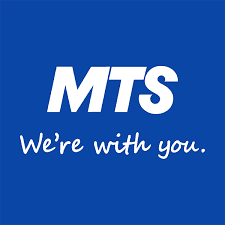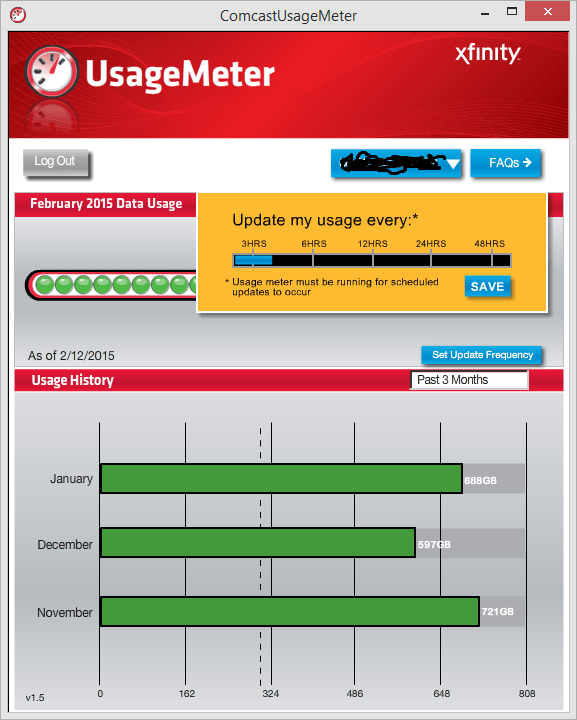 BCE, Inc., the parent company of Bell Canada, has acquired Manitoba Telecom Services, Inc. (MTS), in a deal worth $3.9 billion, further enlarging Canada’s largest telecommunications company.
BCE, Inc., the parent company of Bell Canada, has acquired Manitoba Telecom Services, Inc. (MTS), in a deal worth $3.9 billion, further enlarging Canada’s largest telecommunications company.
“Under the terms of this transaction, MTS will achieve much more than it could have as an independent company,” Manitoba Telecom president and CEO Jay Forbes said in a conference call with analysts. “BCE’s commitment to invest $1 billion over five years into Manitoba’s telecommunications infrastructure will also contribute greatly to the prosperity of our province and the quality of our customer experience.”
Many MTS customers and consumer advocates disagree with Forbes’ assessment, noting the deal will further consolidate Canada’s wireless marketplace by eliminating the province’s largest wireless carrier – MTS. The wireless business has nearly 500,000 customers – by far the largest provider in the region. Under the deal, BCE will sell off about one-third of MTS’ customers and retail storefronts to competitor Telus in a separate transaction.
Manitoba and neighboring residents in Saskatchewan pay some of the lowest prices for telecom services in Canada. MTS offers unlimited, flat rate Internet plans for both its broadband and wireless customers — plans likely to disappear or become more expensive after Bell takes over. The result, according to one Canadian telecom expert, will be higher rates.
“With MTS out of the way — and Bell and Telus sharing the same wireless network — prices are bound to increase to levels more commonly found in the rest of the country,” lawyer Michael Geist wrote on his blog.
The deal is also likely to deliver a death-blow to a government commitment assuring Canadians of at least four competing choices for wireless service. If Bell’s buyout is approved by regulators, Manitoba will be served by just three competitors — all charging substantially more than MTS.

…but soon we’ll be with Bell.
“Compare Bell’s wireless pricing for consumers in Manitoba and Ontario,” offered Geist. “The cost of an unlimited nationwide calling share plan in Manitoba is $50. The same plan in Ontario is $65. The difference in data costs are even larger: Bell offers 6GB for $20 in Manitoba. The same $20 will get you just 500MB in Ontario. In fact, 5GB costs $50 in Ontario, more than double the cost in Manitoba for less data. The other carriers such as Rogers and Telus also offer lower pricing in Manitoba. The reason is obvious: the presence of a fourth carrier creates more competition and lower pricing.”
That Manitoba Telecom would be up for sale at all came as a result of its controversial privatization in 2006 under a previous Conservative provincial government. The decision to privatize came despite a commitment from then-Premier Gary Filmon that Manitoba Telecom should remain a provincially-owned telecom company. Critics point to one possible reason for the flip-flop. Shortly after leaving politics, Filmon was appointed to the board of directors of the privatized company and was given $1.4 million in director fees and compensation over ten years, along with company shares with hundreds of thousands of dollars.
Economist Toby Sanger compared costs and returns of Manitoba Telecom and SaskTel, Saskatchewan’s publicly-owned telecommunications company. After two decades, the cost of a basic landline with SaskTel is $8 less per month than MTS, and SaskTel paid $497 million in corporate income taxes to the citizens of Saskatchewan – SaskTel’s shareholders – over the past five years, compared to $1.2 million paid by MTS over the same time period. In 2014, the CEO of SaskTel earned $499,492 compared to $7.8 million paid to the CEO of MTS for managing a very similar sized operation.
The acquisition will be reviewed by the Canadian Radio-television and Telecommunications Commission, the Competition Bureau and Industry Canada, and could be approved later this year or early 2017.


 Subscribe
Subscribe A fiber upgrade offering 17 million homes in the United Kingdom broadband speeds up to 200Mbps is proving controversial in parts of York because a local councillor is concerned the project will wreak havoc with the area’s daffodils.
A fiber upgrade offering 17 million homes in the United Kingdom broadband speeds up to 200Mbps is proving controversial in parts of York because a local councillor is concerned the project will wreak havoc with the area’s daffodils.

 With the FCC’s increasing skepticism that Comcast’s data caps are about fairness and not an attempt to discourage cable TV customers from cutting the cord and watching all of their shows online, Comcast today announced it was overhauling its data cap allowance and unlimited add-on plan.
With the FCC’s increasing skepticism that Comcast’s data caps are about fairness and not an attempt to discourage cable TV customers from cutting the cord and watching all of their shows online, Comcast today announced it was overhauling its data cap allowance and unlimited add-on plan. Comcast is also likely responding to thousands of customer complaints filed with the FCC complaining about Comcast’s data caps and the cost of their insurance plan (previously $30-35 depending on market) to avoid overlimit fees.
Comcast is also likely responding to thousands of customer complaints filed with the FCC complaining about Comcast’s data caps and the cost of their insurance plan (previously $30-35 depending on market) to avoid overlimit fees. News that Comcast was considering acquiring DreamWorks Animation SKG, Inc. in a $3.2 billion deal did not get the reception the cable giant might have hoped for, after those familiar with DreamWorks CEO Jeffrey Katzenberg reported
News that Comcast was considering acquiring DreamWorks Animation SKG, Inc. in a $3.2 billion deal did not get the reception the cable giant might have hoped for, after those familiar with DreamWorks CEO Jeffrey Katzenberg reported 